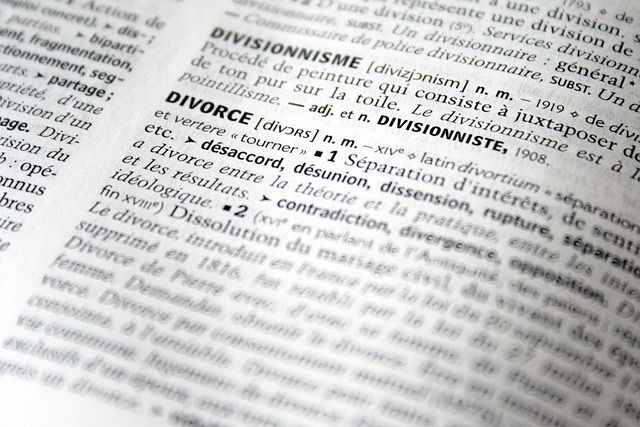The RF Securities Industry Regulation Framework is a crucial system for maintaining fairness and transparency in financial markets, preventing fraud, and safeguarding investors. Understanding this framework is essential for all market participants as it governs securities trading and offers protection against crimes. To dissolve business partnerships amicably, initiate open communication, reach a clear agreement, and draft formal legal documents to divide assets and settle liabilities, ensuring compliance with regulations and avoiding disputes or litigation. This structured process fosters trust and prevents regulatory issues in the RF Securities industry.
The RF Securities industry, a cornerstone of global finance, operates under stringent regulations to ensure fairness and transparency. Understanding the intricate web of rules governing this sector is crucial for investors, firms, and partnerships alike. This article delves into the essential aspects of RF Securities Industry Regulation, offering clear guidance on navigating complex legal landscapes. From comprehending the regulatory framework to implementing amicable business partnership dissolutions and ensuring fair closures, these insights provide valuable steps for stakeholders seeking to conform to industry standards.
- Understanding RF Securities Industry Regulation Framework
- Key Steps to Initiate Amicable Partnership Dissolution
- Legal Considerations for Fair and Transparent Closure
Understanding RF Securities Industry Regulation Framework

The RF Securities Industry Regulation Framework is a complex yet crucial system designed to maintain integrity and fairness in the financial markets. It encompasses various laws, guidelines, and oversight bodies that work collaboratively to prevent fraud, ensure transparency, and protect investors. Understanding this framework is essential for all market participants, as it dictates how securities are traded and provides a safety net against high-stakes cases of white collar and economic crimes.
Navigating the regulation landscape involves recognizing the roles of key regulatory bodies, grasping the rules governing specific transactions and activities, and being aware of the consequences of non-compliance. For instance, the process to dissolve a business partnership amicably is but one aspect that must align with broader regulatory requirements. This ensures that the respective business operations remain transparent, ethical, and in compliance with the law, thereby fostering trust and stability within the financial ecosystem.
Key Steps to Initiate Amicable Partnership Dissolution

When considering the steps to dissolve a business partnership amicably, it’s crucial to initiate the process with open communication and mutual understanding. The first step is to schedule a meeting between all parties involved to discuss the reasons behind the dissolution and to outline each partner’s expectations for the future. This conversation should be honest yet respectful, focusing on achieving extraordinary results that benefit everyone concerned. A clear and shared vision can help facilitate a smooth transition.
Once a mutual agreement has been established, drafting a formal agreement is essential. This document should detail the division of assets, liability settlements, and any outstanding issues related to ongoing projects or legal matters. It’s advisable to consult with legal professionals who specialize in general criminal defense and business law to ensure that all aspects are covered. This step prevents future disputes and reinforces the amicable nature of the partnership’s end, allowing everyone to move forward with their ventures without lingering tensions or potential jury trials.
Legal Considerations for Fair and Transparent Closure

In the RF Securities industry, ensuring fair and transparent closure of business partnerships is paramount to maintaining market integrity. When considering the steps to dissolve a business partnership amicably, legal considerations play a crucial role in preventing potential challenges and achieving extraordinary results. A meticulous approach, starting with clear communication and detailed documentation, sets the foundation for a winning challenging defense verdicts.
By implementing structured processes, firms can navigate complex regulations while promoting transparency. This proactive measure not only avoids indictment but also fosters trust among stakeholders. Remember that, in this context, successful dissolution requires a combination of legal expertise and strategic planning to meet regulatory standards and mitigate risks effectively.
The regulation of the RF securities industry is a complex yet crucial aspect of maintaining integrity and fairness. By understanding the framework, implementing key steps like amicable partnership dissolution, and considering legal aspects for transparent closure, participants can ensure compliance and foster a robust market environment. When dissolving a business partnership amicably, following these practices not only respects regulatory requirements but also underscores the industry’s commitment to ethical conduct and transparency.






